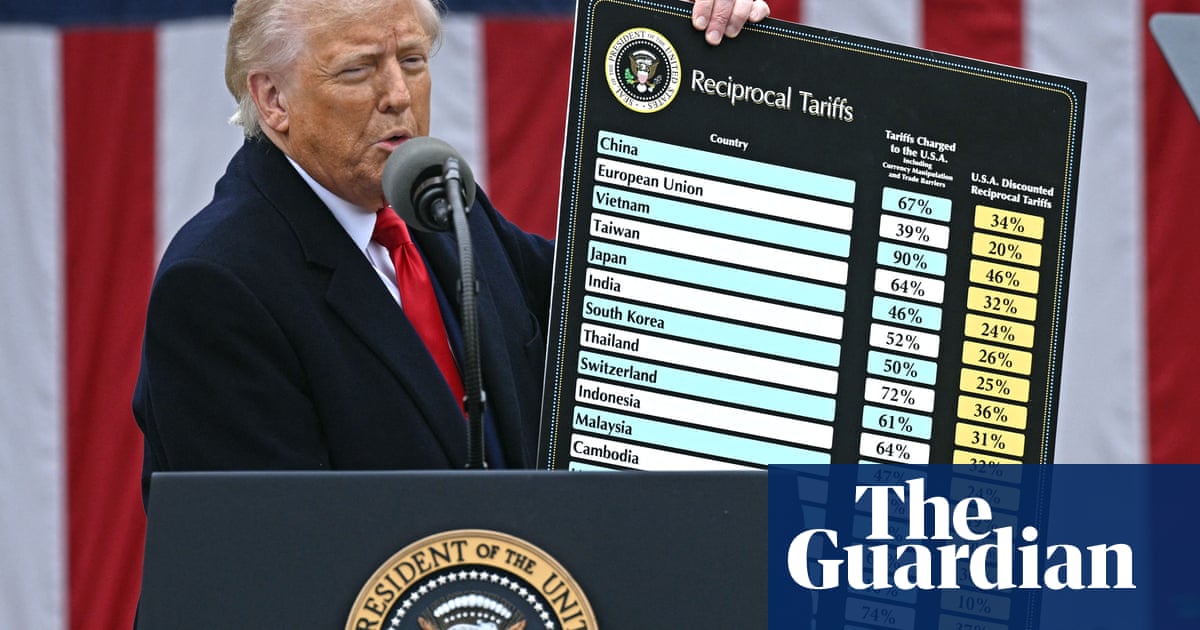Think your salary is playing hide-and-seek? From sneaky subscriptions to invisible banking fees, discover the hidden money drains silently siphoning your income—and learn the smart strategies to keep more cash in your pocket. Your financial future starts with spotting these subtle leaks.

Ever Wonder Where Your Money Actually Goes?
Let's talk about that frustrating moment when you check your bank account and think, "Seriously? I just got paid!" Trust me, you're not alone. While everyone's busy pointing fingers at inflation and market drama, it's usually the sneaky little expenses that are actually eating your paycheck alive.
You know what's wild? Most people have no idea how much money they're losing to these invisible money drains. We're not talking about your rent or car payment here—those are obvious. We're talking about all those little charges that seem harmless enough on their own but add up to thousands of dollars before you know it.
The Subscription Spiral (Or: How $9.99 Became $300)
Remember the good old days when Netflix was your only subscription? Now it's like everyone and their cousin has a subscription service. Between streaming platforms, meal kits, workout apps, cloud storage, and whatever else they've dreamed up this week, the average household is juggling 8-12 monthly subscriptions. That's nuts.
Here's the kicker: Most people are spending around $273 monthly on subscriptions—and half the time they don't even remember what they're paying for. But look, I'm not here to tell you to cancel everything and live like it's 1995. Instead, let's be smart about this.
Try subscription stacking—share those family plans with people you actually trust (not your ex's cousin's roommate). Rotate your streaming services seasonally (do you really need Disney+ when it's not Marvel season?). And for heaven's sake, check for annual payment discounts. I've seen people save $600-900 just by getting strategic about their subscriptions.
Your Bank Might Be Robbing You (Legally)
Speaking of money drains, let's talk about your bank. You know, that place that's supposed to keep your money safe? Well, they might be quietly nickel-and-diming you to death with maintenance fees, ATM charges, and minimum balance penalties. The average person loses $250-400 annually to these fees—basically throwing money away for the privilege of... having money?
The worst part? Most people stick with their overpriced bank accounts out of some misguided loyalty or because they think switching is a hassle. News flash: It's not 1985. You can open a new bank account from your couch while binge-watching your favorite show.
Look, if you rarely keep a fat balance in your account, get yourself a no-minimum checking account. Travel a lot? Find a bank that reimburses ATM fees. Online banks often give you better deals than traditional banks, and no, they won't lose your money in the digital void.
The "Convenience Tax" Is Getting Out of Hand
We've all done it—paid extra for convenience. But these days, that convenience premium is getting ridiculous. Take food delivery apps. Between their sneaky fees, delivery charges, and marked-up menu prices, you're often paying 40-50% more than if you'd just picked up the food yourself. That $15 burrito? It's suddenly $25 after all the fees. That's not convenience—that's highway robbery.
I'm not saying never use these services. But be strategic. Batch your errands so pickup makes sense. Use delivery for bulk orders where the fees don't eat all your savings. And maybe ask yourself if that "time-saving" service is actually saving you time or just enabling poor planning.
The Money You're Leaving at Work (Besides Your Sanity)
Here's something that drives me crazy: People leaving free money on the table at work. Sure, everyone knows about 401(k) matching, but what about all those other benefits? Companies often offer wellness rewards, professional development funds, and corporate discounts that could be worth thousands annually.
Take a good look at your benefits package—and I mean really look at it. Your company might have sweet deals on phone plans, gym memberships, or shopping portals. Even smaller employers often have hookups with local businesses. You just have to ask. (Yes, actually talk to HR. They're usually nicer than you think.)
The Automation Trap
Automatic payments are like that friend who's great in small doses but dangerous if you let them take over your life. Sure, they're convenient, but they make it way too easy to overlook price hikes, keep paying for stuff you don't use, and lose track of where your money's going.
Set up quarterly automation checks. Use your banking app or a spreadsheet—whatever works for you—to track those recurring charges. And for the love of your wallet, put those free trial conversion dates in your calendar. The goal isn't to ditch automation completely; it's to stop it from becoming financial autopilot.
Getting Your Money Back Under Control
Look, fixing these money leaks isn't something that happens overnight. Start by tracking every single dollar for a month—I guarantee you'll find at least a few surprises. Then tackle one category at a time. Maybe this month you wrangle your subscriptions, next month you shop for a better bank, and so on.
Remember, this isn't about becoming some extreme penny-pincher who reuses paper towels and never goes out. It's about spending your money intentionally, on stuff that actually matters to you. Your paycheck should work as hard as you do—and trust me, once you plug these leaks, you'll start seeing the difference in your bank account. And that feeling? Way better than any overpriced delivery meal.